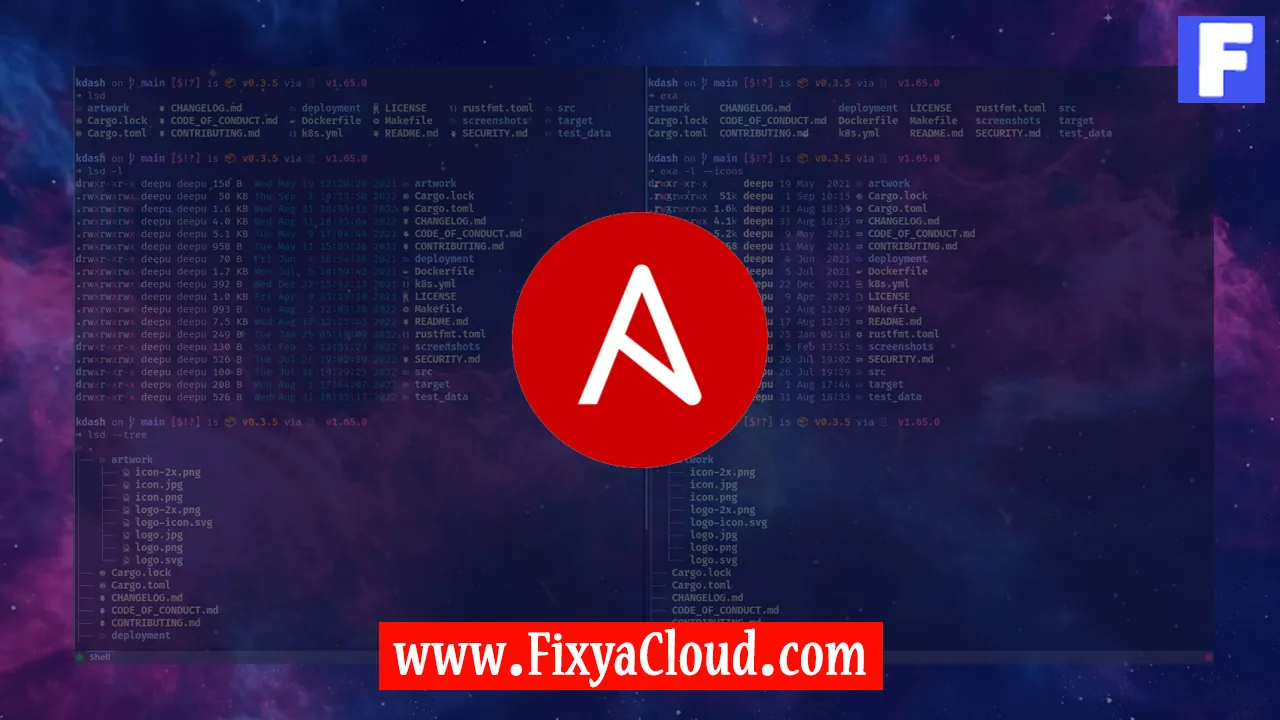Step-by-Step Guide: Using Ansible with Docker

In the ever-evolving landscape of DevOps, efficient automation and containerization have become essential components of modern IT infrastructure. Ansible and Docker are two powerful tools that, when combined, can streamline deployment processes and enhance overall system manageability. This step-by-step guide will walk you through the process of using Ansible with Docker, demonstrating how to leverage these tools for seamless integration and deployment.
Setting Up Your Environment:
Before diving into Ansible and Docker integration, ensure both tools are installed on your system. Use the following commands to install Ansible and Docker:# Install Ansible
sudo apt update
sudo apt install ansible
# Install Docker
sudo apt install docker.ioConfiguring Ansible for Docker:
Create an Ansible inventory file to define the hosts and connection parameters. This file typically resides at/etc/ansible/hosts. Add the IP addresses of your Docker hosts and specify the connection type:[docker_hosts]
192.168.1.1 ansible_connection=ssh ansible_ssh_user=userCreating Ansible Playbooks:
Ansible playbooks are YAML files that define a set of tasks to be executed on remote hosts. Create a playbook for Docker-related tasks, such as installing Docker, managing containers, and handling images. Here's a simple example:# docker_setup.yaml
---
- name: Install Docker
hosts: docker_hosts
tasks:
- name: Install Docker
apt:
name: docker.io
state: presentExecuting Ansible Playbooks:
Run your Ansible playbook using the following command:ansible-playbook docker_setup.yamlAnsible will connect to the specified hosts and execute the defined tasks, ensuring Docker is installed and ready for use.
Managing Docker Containers:
Ansible allows you to manage Docker containers effortlessly. Create a playbook to deploy and manage a sample container:# deploy_container.yaml
---
- name: Deploy Docker Container
hosts: docker_hosts
tasks:
- name: Pull Docker Image
docker_image:
name: nginx
source: pull
- name: Run Docker Container
docker_container:
name: my_nginx
image: nginx
state: started
ports:
- "80:80"Executing Docker Playbooks:
Run the Docker playbook similarly to the previous one:ansible-playbook deploy_container.yamlThis playbook will pull the official Nginx image and deploy a container named "my_nginx" on the specified hosts.
Scaling with Docker Compose:
Extend your Ansible playbook to use Docker Compose for orchestrating multi-container applications. Define adocker-compose.yamlfile and incorporate it into your playbook.# docker_compose.yaml
version: '3'
services:
web:
image: nginx
ports:
- "8080:80"Modify the Ansible playbook:
# deploy_compose.yaml
---
- name: Deploy Docker Compose
hosts: docker_hosts
tasks:
- name: Install Docker Compose
apt:
name: docker-compose
state: present
- name: Deploy Docker Compose
command: docker-compose up -d
args:
chdir: /path/to/compose/fileRunning the Docker Compose Playbook:
Execute the Docker Compose playbook:ansible-playbook deploy_compose.yamlThis will install Docker Compose and deploy the multi-container application defined in the
docker-compose.yamlfile.
Combining Ansible with Docker provides a powerful automation solution for managing and deploying containerized applications. By following this step-by-step guide, you've learned the basics of setting up the environment, creating Ansible playbooks, managing Docker containers, and scaling applications using Docker Compose. Feel free to explore further and adapt these examples to suit your specific requirements.
Related Searches and Questions asked:
That's it for this topic, Hope this article is useful. Thanks for Visiting us.
